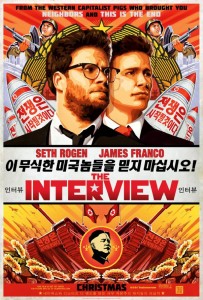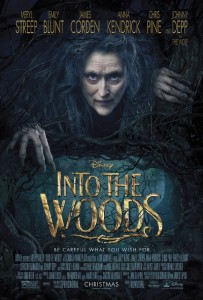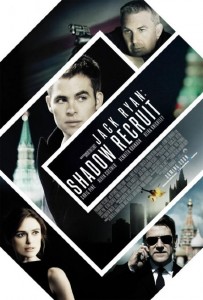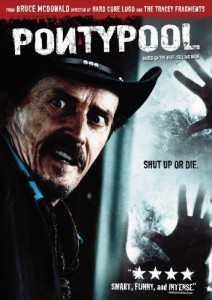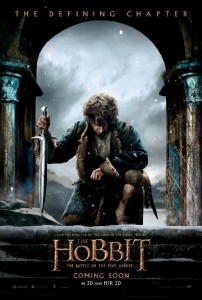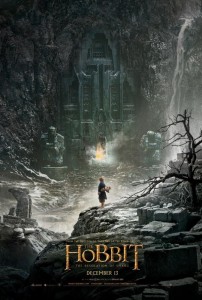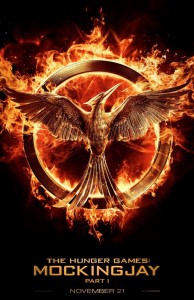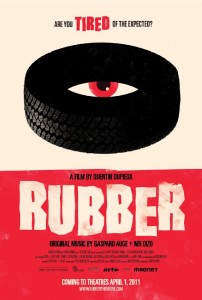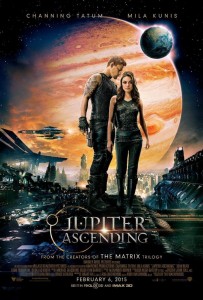 While choosing which poster image to use for this movie, I came across the knowledge that its original release date was mid July. I’m not sure if it was pushed back from 2014 or pushed up for this year, and honestly, it doesn’t matter. Either way, a lot of what you need to know about the movie is contained in that simple fact. Summer blockbusters that get moved to February are flawed in a way that the studio did not expect.
While choosing which poster image to use for this movie, I came across the knowledge that its original release date was mid July. I’m not sure if it was pushed back from 2014 or pushed up for this year, and honestly, it doesn’t matter. Either way, a lot of what you need to know about the movie is contained in that simple fact. Summer blockbusters that get moved to February are flawed in a way that the studio did not expect.
Jupiter Ascending is deeply flawed. It reminds me of nothing so much as a book adaptation where the director was so focused on cramming as much cool scenery and as many important events into the allotted running time that they forgot people who had not read the book would be seeing the movie, and might need some hint as to what is actually going on in and around all these cool places and events.[1] But no, it’s from an original script.
That said, everything eventually does make sense, it’s just that things are told out of order, and not in a way that would be excused by the audience learning what’s up alongside Mila Kunis, like they did with Neo in the Matrix. I think it’s destined to be a cult classic if enough people give it the time of day over the next couple years, and not because it’s bad (or at least, not just because it’s bad). See, it’s like this. If you want a movie that has the grand unified theory of conspiracies, including everything from the Reptilians to the Greys to Elisabeth Bathory just for starters, this is that movie. And a movie like that, if done even half competently[2], is going to get a cult following. Mark my words.
(Shameful admission: I kind of dug it. Maybe because Mila Kunis was named after the smart member of the Three Investigators?)
[1] And believe me, it’s a very, very pretty movie, if perhaps not quite as cool as the Wachowskis expected it to be.
[2] Cheap shot or not, half competently is pretty much right on the nose.
